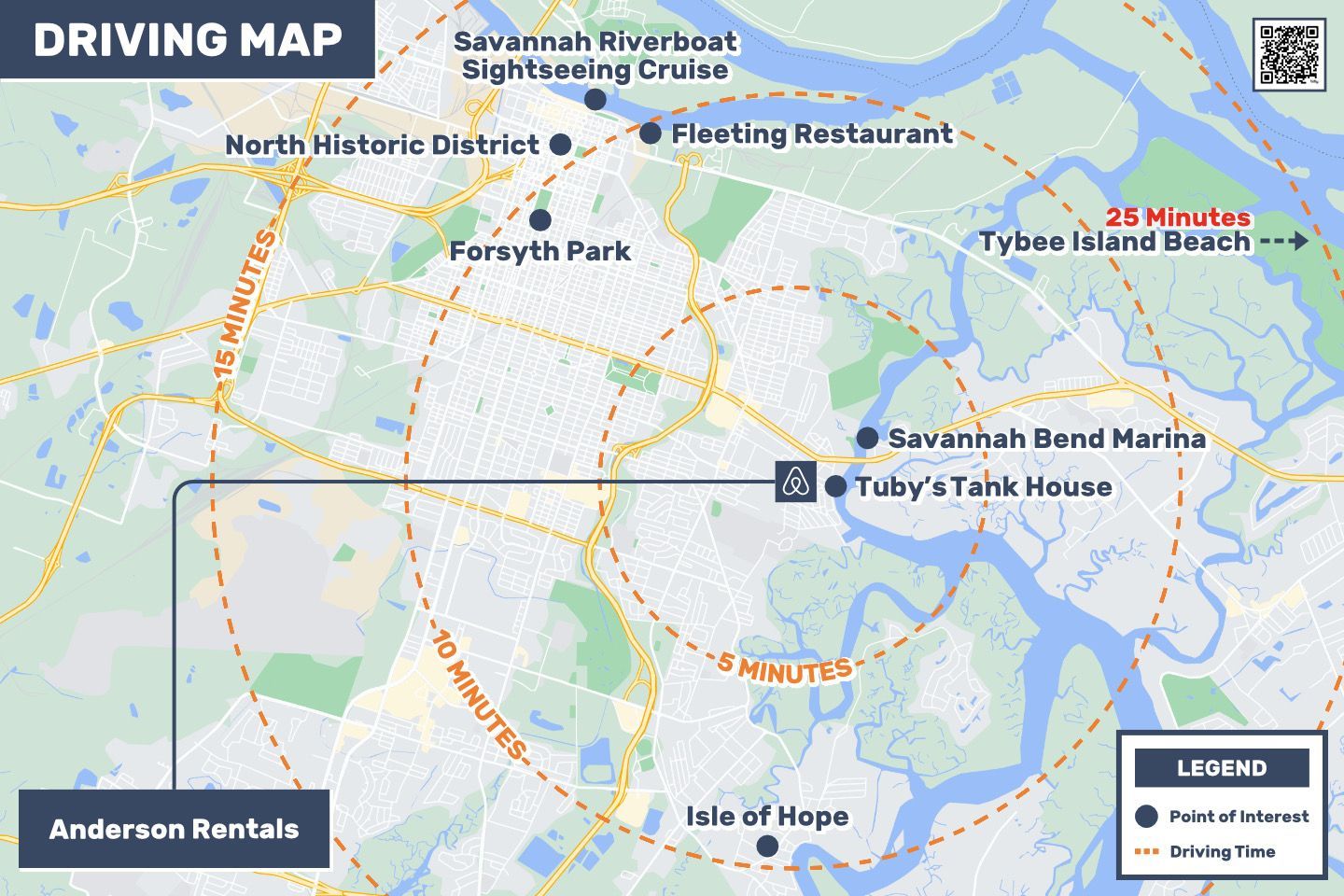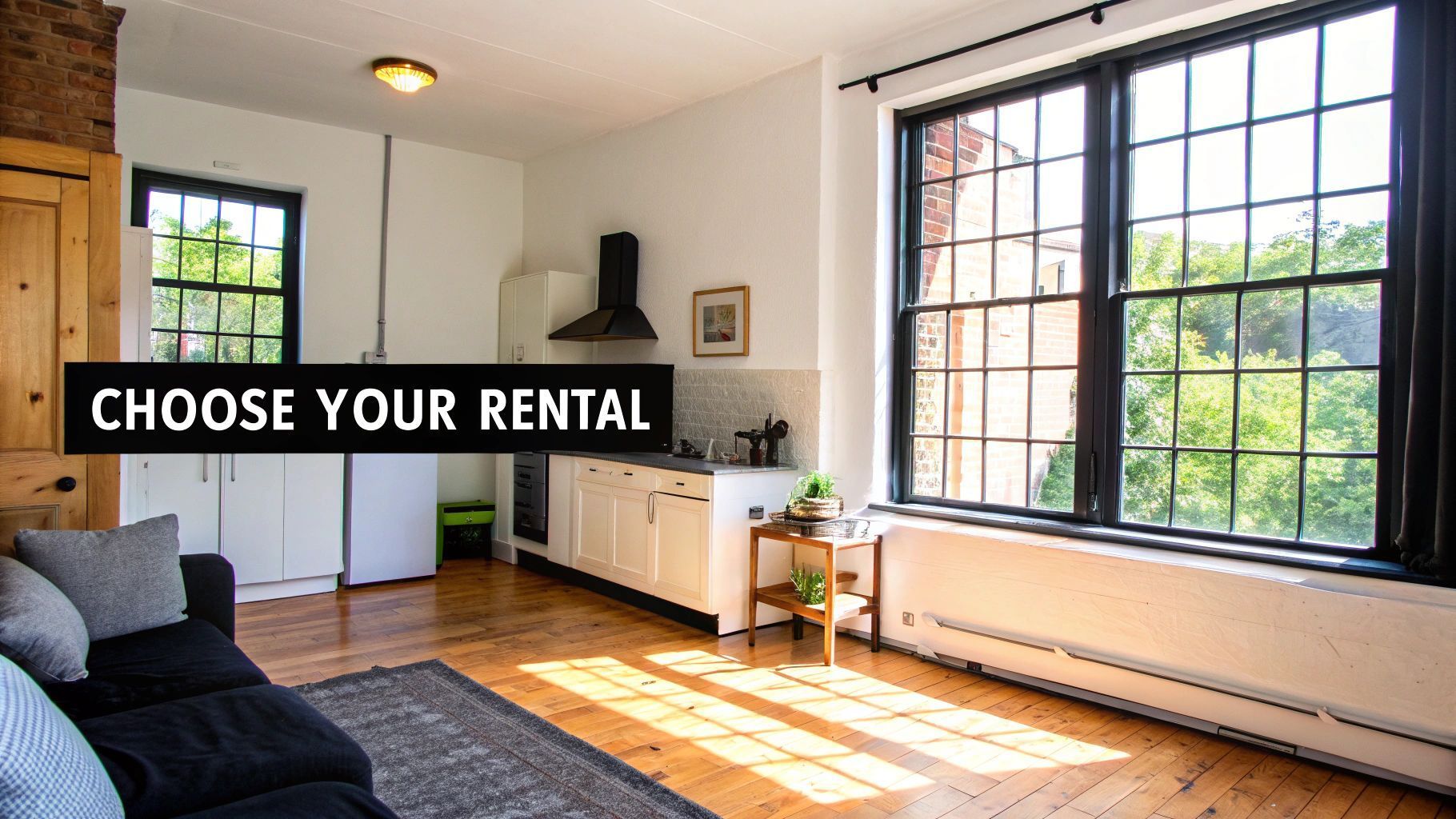VRBO vs Airbnb: A Comparison
VRBO vs Airbnb: A Comparison
Choosing the right platform for your vacation rental needs can be a daunting task. With options like VRBO and Airbnb, the decision becomes even more complex.
In this article, we delve into a comprehensive comparison of VRBO and Airbnb. We’ll explore their differences, similarities, and unique features.
Our aim is to provide you with the information you need to make an informed choice. Whether you’re a traveler seeking accommodation or a property owner considering listing your space, this comparison will be beneficial.
So, let’s dive into the world of online vacation rentals and unravel the VRBO vs. Airbnb debate.
Overview of VRBO and Airbnb
VRBO, an acronym for Vacation Rentals by Owner, is a platform that focuses exclusively on vacation rental properties. It’s a go-to choice for families and larger groups seeking entire homes for their stay.
On the other hand, Airbnb offers a broader marketplace. It includes not only rentals but also experiences hosted by locals. This makes it a versatile choice for travelers.
While VRBO is often seen as more professional, Airbnb is known for its community-centric approach. Both platforms have their unique strengths and cater to different needs.
In the following sections, we’ll delve deeper into the specifics of each platform.
Property Types and Listings
VRBO’s listings are primarily entire homes. This makes it an ideal choice for larger groups or families seeking privacy and space.
Airbnb, however, offers a wider variety of listings. You can find everything from shared spaces to unique accommodations like treehouses or yurts.
- VRBO: Entire homes, ideal for families and larger groups
- Airbnb: Variety of listings, including shared spaces and unique accommodations
This diversity in property types allows Airbnb to cater to a broader range of travelers.
Pricing and Fees
The fee structure of VRBO and Airbnb differs. VRBO focuses more on owner fees, which may influence the rental price.
Airbnb, on the other hand, charges guests a service fee. This fee is a percentage of the total rental cost.
- VRBO: Owner fees
- Airbnb: Service fee for guests
These pricing models can impact the final cost of your stay, so it’s important to consider them when comparing the two platforms.
Global Presence and Market Reach
Airbnb operates in more countries than VRBO. This gives Airbnb a larger global presence and more diverse listings.
However, VRBO is not far behind. It also has a significant market presence, especially in popular vacation destinations.
Both platforms have a substantial impact on local economies where they operate, contributing to the growth of the sharing economy.
User Experience and Search Functionality
Both VRBO and Airbnb offer user-friendly websites and mobile apps. They are designed to make the booking process as smooth as possible.
Airbnb’s search function is more flexible. It allows users to search for experiences and places, not just accommodations.
On the other hand, VRBO’s search is more focused. It emphasizes the type of property and amenities, catering to specific vacation rental needs.
Reviews and Host Recognition
Airbnb’s review system is well-established. Both guests and hosts review each other, fostering a sense of community.
VRBO also has a review system. However, it is less emphasized than Airbnb’s, focusing more on property aspects.
Airbnb offers a “Superhost” program to recognize highly-rated hosts. VRBO, on the other hand, doesn’t have a similar recognition program.
Cancellation Policies and Customer Service
Cancellation policies on VRBO and Airbnb vary by listing. They are set by the hosts, providing flexibility.
VRBO’s customer service is known for being responsive. They are helpful to both guests and hosts.
Airbnb’s “AirCover” provides protection to guests. It includes booking protection and a check-in guarantee.
Conclusion: Which Platform Suits You Best?
Choosing between VRBO and Airbnb depends on your needs. Consider property types, fees, and user experience.
Both platforms have their strengths. They significantly impact the local economies where they operate. Make an informed decision based on your preferences.











